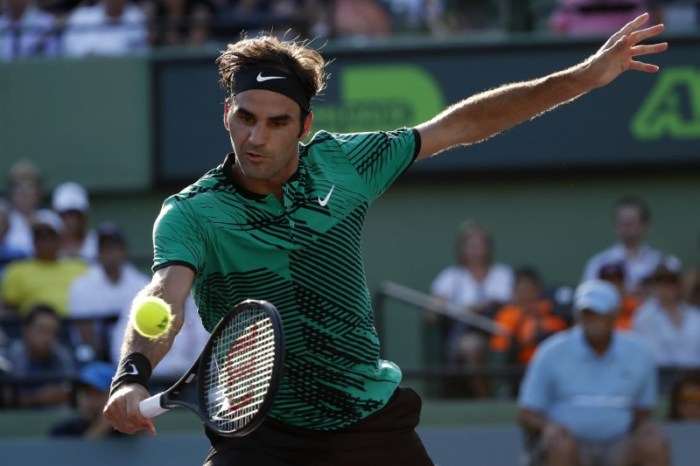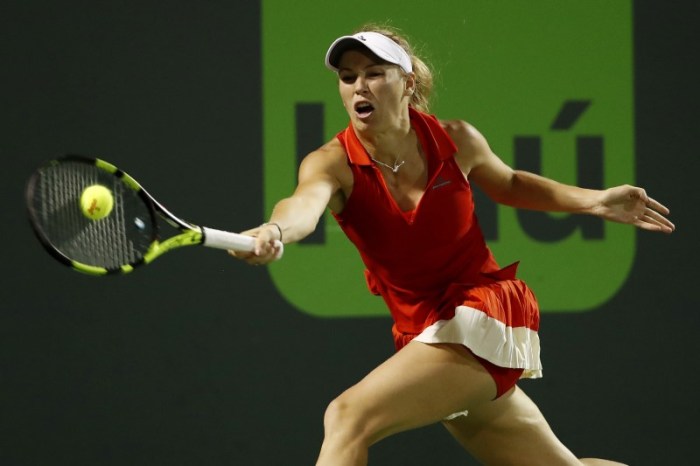By Karolos Grohmann
RIO DE JANEIRO (Reuters) – Partial sanctions against Russian athletes over the country’s state-run doping system are preliminary, International Olympic Committee (IOC) President Thomas Bach said on Sunday, defending the organization’s position amid vocal criticism. The IOC opted not to ban all Russian athletes from the Rio de Janeiro Olympics after revelations of a wide state-backed doping program across many sports.
Instead it chose a set of criteria for athletes to meet, including a clean doping past and sufficient testing at international events, that so far has allowed more than 250 out of the original 387 Russian athletes to be cleared for Rio. Many anti-doping agencies, athletes and even senior IOC member Dick Pound sharply criticized the decision, saying the IOC lacked the leadership and courage to ban Russia, hosts of the 2014 Sochi winter Games, outright. Some have even called for Bach’s resignation.
“The negative opinions are the ones most likely to be quoted,” Bach told reporters. “In these difficult decisions we will never have 100 percent majority.”
“In such a debate which touches on fundamental principles… if you had 100 percent it would not be a good debate.”
Bach said the decision taken this month to allow some Russians to compete was a difficult one but had to be made under severe time constraints due to the start of the Games on Aug. 5.
More measures will follow after the Olympics, once the report, commissioned by the World Anti-Doping Agency, is completed by law professor Richard McLaren.
“Now we expect finalizing the report and then we will take all the necessary measures,” Bach, a lawyer by profession, said.
Bach defended the IOC’s decision, saying despite the criticism, his organization was not emerging from this scandal with a black eye.
“No,” he snapped, when asked whether the doping affair had damaged the IOC’s reputation. “And this is for very obvious reasons.”
He said the IOC was neither responsible for the timing of the McLaren report, nor was it for WADA’s failure to act on the information regarding Russian doping it had received years ago.
Bach also defended the IOC’s ban of whistleblower Yulia Stepanova from the Games.
The middle-distance runner got the ball rolling with revelations on German state television ARD and has since fled Russian for North America for fear of her life.
Stepanova, who had herself been banned in the past for doping, was refused a spot, despite being proposed to compete as a neutral athlete by the ruling body of international athletics the IAAF, along with any Russian athlete with past doping sanctions. “With the case of Stepanova we had to take a very difficult decision like with the participation of any Russian athlete,” Bach said.
“We have to take all into consideration and also respect the Olympic Charter. It was not easy.”
(Editing by Ed Osmond)


















